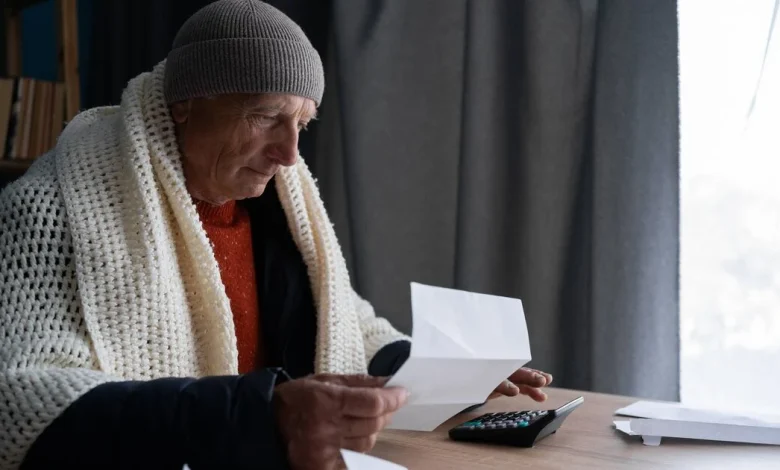Martin Lewis Money Saving Expert finally settles the debate if keeping doors open or close

Brits seeking to reduce their winter heating expenses have received clarity on a long-standing debate from Martin Lewis’ MoneySavingExpert.com.
In a guide addressing common energy misconceptions as temperatures plunge below freezing, the financial advice experts have resolved a key question: is it better to keep internal doors open or shut whilst the heating is running?
The answer is that internal doors should remain closed, particularly those leading to spaces you wish to keep unheated.
Heating systems including radiators, electric panel heaters, convection heaters and heat pumps function by warming the air and allowing it to circulate throughout the space.
As warm air rises, it moves around the room before cooling down and descending, then travelling across the floor back towards the heater to repeat the process. This phenomenon is called a convection current, reports the Mirror.
Keeping doors shut facilitates the current’s movement and ensures it remains within the intended area, heating the room more efficiently.
This also has the additional advantage of preventing cold air from entering.
The MoneySavingExpert guide also addressed questions including “should I paint my radiators black?”, “should I microwave my water to save money?”, and “should I clingfilm my windows to keep in heat?”.
The responses, in order, are no, no and yes, with the guidance noting that applying clingfilm to windows helps retain warmth by forming an insulating air layer between the window and the film. Other misconceptions debunked include the belief that solar panels don’t function in winter (they do! – solar panels gather daylight, not sunlight, so they operate even on gloomy days) and that operating an electric fan is too costly to consider – although this suggestion might now be slightly out of season.
Martin Lewis’s MoneySavingExpert formulated their tips based on guidance from the Energy Saving Trust and other experts. The advice aims to assist Brits in keeping energy costs down as temperatures fall – and bill caps increase – this winter.





